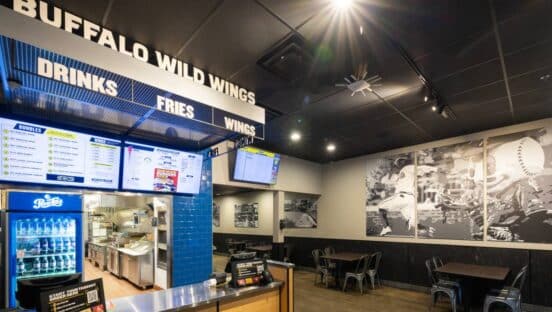Nowadays, it seems like there’s a new food trend popping up every week. The challenge is this: True concept innovators not only have to take an inspired idea and turn it into an irresistible offering, they must introduce it the right way and at the right time.
With new ideas constantly entering the market, what should restaurant operators do to stay ahead?
This is where it’s important to know when to pounce on a new trend. Keeping track of trends is also crucial to staying relevant, and following social media is the best way to do this. Once you’ve figured out the timing and the trend, introduce and test your new concept to see the reaction and tweak it if necessary.
With this in mind, here are tips on how to put your strategies into action:
Get your timing right: The trick is to gain a deep understanding of customer behavior through point-of-sale data. To do this:
- Identify whether certain items, categories or ingredients experience changes in demand over a longer period of time.
- If an operator has a loyalty program in place, analyze the frequency and the order patterns of individual customer groups. Start conversations with former customers who haven’t visited in a while, and find out what it would take to get them to come back.
- It’s likely that some consumers will adopt trends earlier. Take the time to understand who the early adopters are within your customer base, so you can target them with new concepts and menu items.
Use social media to learn about your customers: Tracking social media can complement an operator’s established research channels and should be used to monitor the target audience’s evolving tastes and desires.
- Follow customers on social media to see what they like on Facebook and the photos they post on Instagram. Research the latest posts and identifying popular terms to gain insight into emerging trends. Try doing a hashtag search on Twitter and set up a few searches with hashtags related to your brand, industry and product, and receive instant notifications when customers or competitors input these key terms.
- Listen to the conversations consumers are having online to learn more about the underlying motivations and desires that trigger certain behaviors. For example, if an increasing number of customers are posting about vegetarian diets, check whether they are also active in sports, yoga or mindfulness. Perhaps they are active in environmental concerns or in animal welfare. The motivations of each of these groups are different, and as a result, an operator’s strategy should be different for each group, too.
Introduce and test new offerings: The most successful operators take a flexible approach to new product development and use research to support decisions.
- Operators should always test a prototype of any new product early in the development process to obtain customer and operational feedback. Ideally, test several prototype versions.
- Aim to be ahead of the curve. If an operator spots trends developing, but isn’t ready to capitalize, it’s smart to develop potential product responses and to be ready to introduce them when the time is right. Operators should also consider phased product launches. Again, this comes down to timing. With trends, operators don’t want to unveil new ideas too soon, but they also can’t be late, or they won’t benefit from the full wave when it does break.
- A little bit of diversity in ideas goes a long way: It’s wise to work on several options at any given time, because it’s almost impossible to predict how long a certain trend will last and which of your responses will be the most profitable.
While it can be tempting to jump on every trend, it’s smart to start with research to make your efforts worthwhile and ensure that your customers will embrace your new concept or product.












